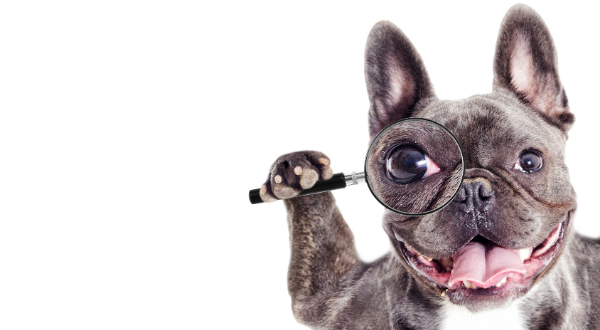|

Many people cower when we mention the following words: blood test. But did you know that these tests are virtually magic when it comes to getting an insight into your pet’s general health?
From a blood test, we can decide if your pet is dehydrated, has underlying kidney disease or liver disease, and assess your pet's red and white blood cells. We can also rule out common diseases (such as hyperthyroidism in the case below). Early detection of diseases via a blood test can allow prompt treatment and greatly improve your pet’s quality of life.
The ins and outs of a blood test
+ Most blood samples are taken from the jugular vein in the neck. This vein provides us with a good sample as quickly and painlessly as possible.
+ The majority of pets are more relaxed when blood is taken from their jugular vein. If necessary, a smaller sample can be obtained from a vein in the leg but these veins are generally 'saved' for administering injections or intravenous fluids.
+ Once the blood has been collected we place gentle pressure over the vein to prevent any bruising. We don’t tend to apply a bandaid but a liver treat (instead of a lollipop) is essential.
+ Your pet’s blood is placed into tubes appropriate for required tests. Some tests can be run on machines in the clinic but there are certain tests that require more extensive equipment and so the blood sample must be sent to an external laboratory.
It's important to realise that blood tests are an essential part of good veterinary medicine and can be critical when diagnosing and managing diseases.
Ask us if you have any questions about your pet's health, we are always here to help.
|
